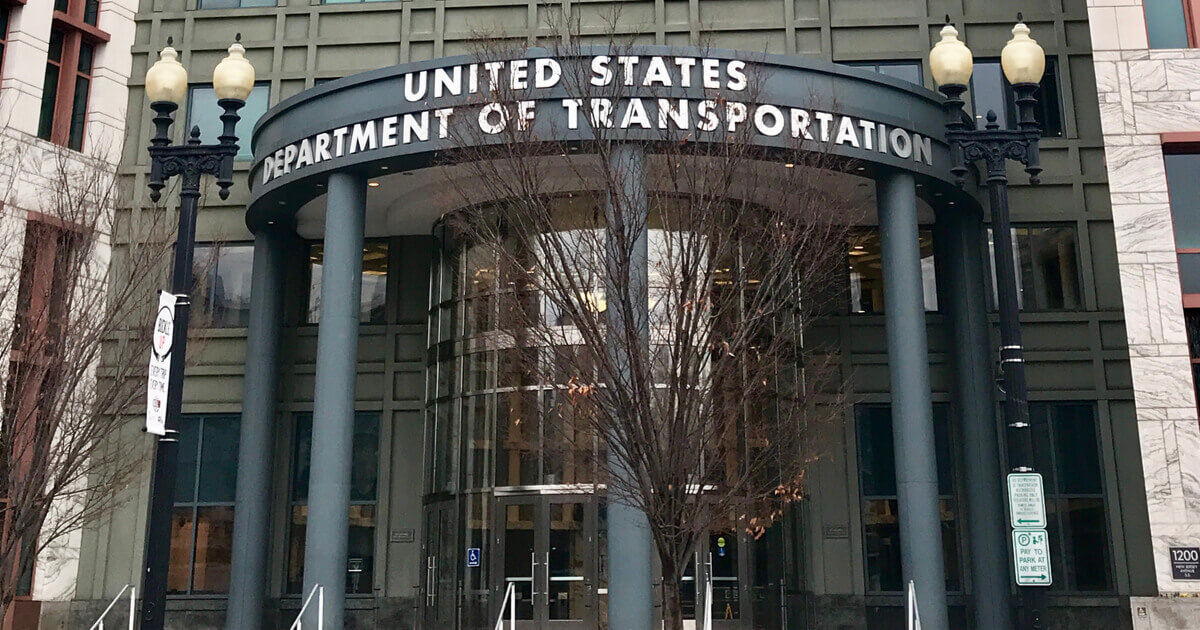
A controversial request to add hair follicle drug tests to the federal truck driver database recently hit a speed bump. The Federal Motor Carrier Safety Administration rejected a request to disseminate company-mandated hair follicle testing through the Drug and Alcohol Clearinghouse.
Comprised of companies that include Cargo Transporters, Dupre ́ Logistics, Frozen Food Express, J.B. Hunt Transport, KLLM Transport Services, Knight Transportation, Maverick Transportation, Schneider, Swift Transportation, U.S. Xpress, and May Trucking Company, the Trucking Alliance has been a strong advocate of expanding drug and alcohol testing on drivers beyond urinalysis. The group’s primary argument is that traces of controlled substances last longer in follicles.
“FMCSA doesn’t question the merits of hair testing, only that it does not yet have the authority to grant the application,” Lane Kidd, managing director of the Trucking Alliance, reportedly stated.
Using this testing method would likely identify CDL holders who have used drugs. The Trucking Alliance petitioned the FMCSA to reinterpret the following rule regarding an employer’s “actual knowledge” of drug or alcohol use.
- They directly observe a driver using alcohol or controlled substances.
- They receive information provided by the driver’s previous employer(s)
- They are aware that a driver was issued a traffic citation for driving a commercial motor vehicle while under the influence of alcohol or controlled substances
- The employee admits alcohol or controlled substance use, except as provided in 49 CFR 382.121.
Some estimate that hair-based screening would result in thousands of truckers getting sidelined. By contrast, the Owner-Operator Independent Drivers Association (OOIDA) vehemently disagrees with including random hair screenings.
“The Clearinghouse should not accept the results of any hair follicle testing considering the inconsistencies and inaccuracies involved,” OOIDA President Todd Spencer reportedly stated. “Even under current Clearinghouse regulations, drivers are not always assured of due process. Not surprisingly, drivers have shared legitimate concerns about their employment status following false positives and other contentious results.”
Among the controversies that swirl around hair follicle testing is the use of marijuana. Legal in a growing number of states, marijuana usage can linger in hair follicles for weeks, even months. Including this long-reaching testing method would effectively put truckers out of work even though did not necessarily drive impaired or break the law.
The FMCSA also noted “Sixty-five other individuals/small motor carriers also opposed the request, many of whom raised the issue of adding to the current driver shortage and supply chain disruption issues indicating that it is extremely difficult to attract and retain drivers in this industry and granting this exemption request will only make it that much harder. Others in opposition claimed that hair testing is not a 100 percent accurate testing method.”
However, the Trucking Alliance appears determined to pursue a rule change that allows companies to either input their test results into the Clearinghouse or make hair testing the industry standard. The next phase is expected to see the Alliance petition the U.S. Department of Health and Human Services.
Sources: freightwaves.com, truckinginfo.com, public-inspection.federalregister.gov











Leave a Comment